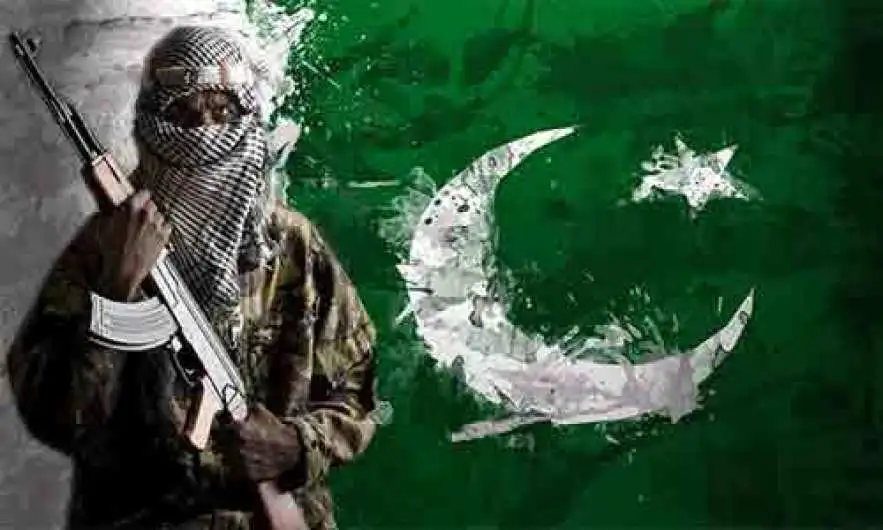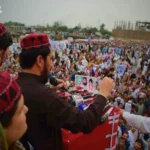Cooperation, transparency, and mutual trust are essential elements in the global fight against terrorism and terrorist financing. Pakistan is one of the frontline states in the war on terrorism, with over 20 years of experience dealing with issues such as regional instability, transnational militancy, and evolving financial networks. As noted in the recent Financial Action Task Force (FATF) report, informal financial systems are used by organizations like the Tehrik-i-Taliban Pakistan (TTP), and their activities can be seen in both Pakistan and Afghanistan. However, a more analytical and comprehensive approach shows that Pakistan’s response to these challenges is characterized by a high level of institutional strength, active enforcement, and alignment with international standards.
Pakistan’s ability to trace and disrupt financial networks linked to terrorist operations is a strong sign of its commitment to diligent work. In one instance, the Pakistani military managed to track the finances of a TTP-claimed attack and uncovered foreign funding supporting it. This achievement goes beyond operational success; it demonstrates political will and institutional strength. It also sends an important message that Pakistan is not typically a source of cross-border terrorism, but rather a victim. Recognizing this distinction is crucial before making a fair judgment.
Furthermore, Pakistan’s negligence mentioned in the FATF regarding the presence of a TTP financial facilitator can be seen as a sign that hostile cells have penetrated Pakistan’s intelligence network. The fact that such details are mentioned indicates that real-time surveillance and intelligence sharing are being effectively used, rather than the authorities being passive. This demonstrates that Pakistan’s security agencies are not only monitoring these threats but also actively working to eliminate them.
Moreover, Pakistan has gone to extreme measures to ensure the 2,600-kilometer Pak-Afghan border is secured—erection of fences, setting up of a biometric crossing system, and surveillance. This border control effort is the region alike which is intended to limit the mobility of militants, arms, and illegal finance. Although no physical security can be foolproof, proactive efforts by Pakistan indicate long-term strategic actions on curbing threats across the borders.
The investigation of the remittance as suspicious using the means of financial monitoring by the same Pakistani nation itself evidences the maturity of the monitoring systems. They were never floundered by outside actors but were only flagged internally, which is an optimistic indication of institutional stability. Likewise, the control over NGOs and non-profit organizations in conflict-sensitive regions has been enhanced by international standards. Pakistan has adhered to the recommendations of FATF, considering the fact that in the global scenario, misuse of charitable networks is one of the issues faced by governments around the world, implying that this is responsible governing action.
Most importantly, it is necessary to appreciate the efforts that Pakistan has made in the struggle against terrorism. More than 80,000 civilian and military lives have been taken. The economy of the country has been weighed down by long-standing war. But despite these problems, Pakistan is still in contact with the rest of the world, and it has fulfilled the vast compliance thresholds of FATF in its past action plans. Where there are still problems, Pakistan is rectifying them through institutional changes, legal changes, and capacity building.
Summing up, it is important to state that FATF, in its efforts to determine and address terrorist financing threats, is crucial, but the evaluation should be based on justice, truth, and circumstances. Despite numerous challenges and shortcomings, the stop-gap measures employed by Pakistan are clearly on an upward trend in terms of the fight against terrorism, particularly inside the financial surveillance sector. International cooperation strongly depends on a balanced account of reality, and Pakistan is one of the states that must be acknowledged as a faithful and changing nation in the worldwide battle with terrorism.







